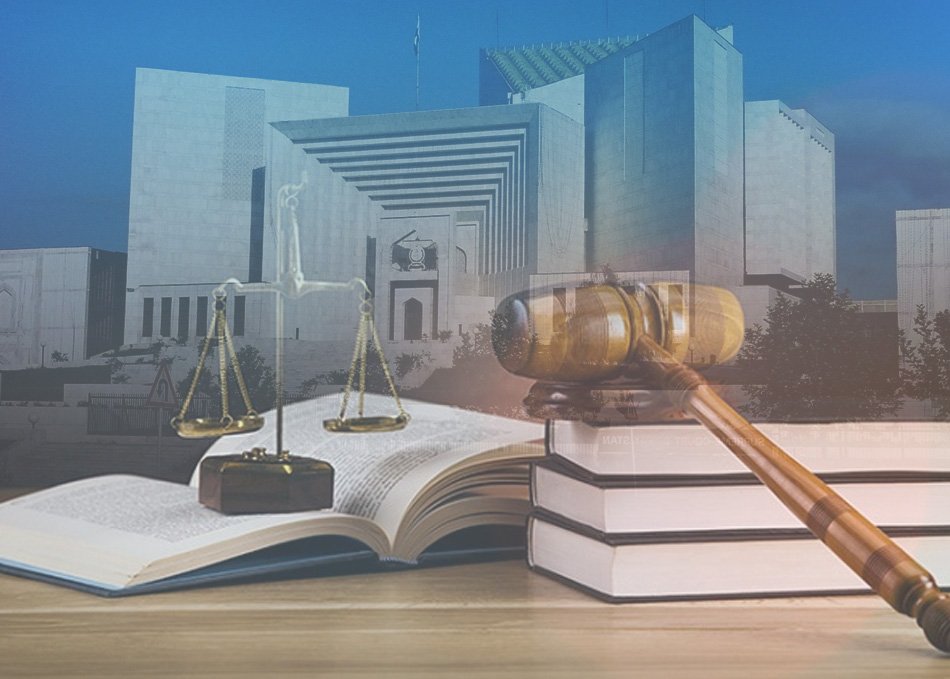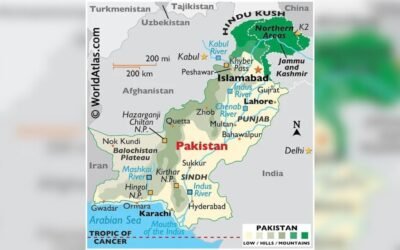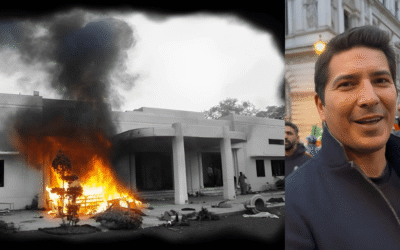Introduction: Good Judges for Real Justice
A firm and fair court system is essential for any country. In Pakistan, how judges attain their positions directly influences the fairness of the justice system and whether people trust it. The main goal is to select judges based on their knowledge, honesty, and expertise, rather than on their connections. This entire process should be transparent and open to everyone’s view.
For justice to truly help people, picking judges must be beyond doubt. It needs a system where the best person wins, and openness ensures that everyone is held accountable.
How Judges Are Picked: The Law
The Constitution of Pakistan explains how judges are chosen for the top courts (the Supreme Court, High Courts, and Federal Shariat Court). This process has undergone numerous changes, particularly with the 18th, 19th, and most recently, the 26th amendments to the Constitution.
- Article 175A: This important rule explains how the Judicial Commission of Pakistan (JCP) works and how it suggests names for judges.
- Article 177 (Supreme Court) and Article 193 (High Courts): These rules specify what judges are required to have, such as legal experience and citizenship.
- Before the 18th Amendment in 1919, the President appointed judges based on the recommendation of the Chief Justice. This system often faced claims of favoritism. The 18th and 19th Amendments introduced the JCP and a group from Parliament to make the process more transparent. The JCP would suggest names, and the Parliamentary group would then respond with a yes or no. This was intended to prevent one person from having too much power in appointing judges.
Today’s Way: Who Chooses Judges
The Judicial Commission of Pakistan (JCP) plays a key role in nominating judges for the Supreme Court, High Courts, and the Federal Shariat Court. The composition of the JCP has been a significant topic, especially following the 26th Constitutional Amendment in late 2024.
After the 26th Amendment, the JCP now has 13 members. These are:
- The top judge of Pakistan (Chief Justice)
- The three most senior judges from the Supreme Court
- The most senior judge from the Supreme Court’s law bench
- The Federal Law Minister
- The Attorney General for Pakistan (top government lawyer)
- Two members from the Senate (one from the ruling party, one from the opposition)
- Two members from the National Assembly (one from the ruling parties, one from the opposition)
- Two members from the Pakistan Bar Council (lawyers)
For High Court jobs, the JCP also includes the Chief Justice of that High Court, the province’s law minister, and a member from that province’s bar council.
After the JCP names judges by a simple vote, these names go to the Prime Minister. The Prime Minister then sends the names to the President for final approval. The 26th Amendment also altered the process by which the Chief Justice of Pakistan is appointed. A special Parliament group now chooses one name from the three most senior judges of the Supreme Court. The Chief Justice’s time in office is now set at three years.
Problems in the System
Even with these changes, picking judges in Pakistan still faces big problems:
- No Clear Rules for the Best Choice: The JCP can establish rules, but clear and fair ways to determine if a person is the best choice, honest, and possesses legal skills are often lacking. Lawyers often say that judges are not always selected based on their legal expertise or proven integrity.
- Concerns about Political Power: The presence of politicians in the JCP and a parliamentary committee has, at times, raised doubts about politics influencing the selection of judges. Some argue that this can compromise the independence of judges by allowing political ties to influence their decisions. For example, the 26th Amendment, passed in October 2024, was criticized because it gave judges less say in the JCP and brought in more political members, causing fears of government control.
- Not Open Enough: While the process is more open than before 2010, the JCP’s meetings are private. Not allowing the public to see discussions and vote records can raise questions about fair choices.
- Oldest vs. Best Debate: There is a constant talk about whether being the oldest (seniority) should be the main reason for a judge to move up, or if being the best (merit) should matter more. While being the oldest is clear, focusing only on it might miss better younger judges or top lawyers.
- Claims of Pressure: Recent events have shown worries about pressure on judges. For example, in March 2024, six judges from the Islamabad High Court stated that they had faced threats and pressure from the government, including spy agencies, regarding their decisions. Such claims directly undermine public trust in the process by which judges are selected.
- Transfer Issues: Moving judges between High Courts can also cause problems, primarily if it affects who becomes senior later. Recently, in July 2025, the appointment of Chief Justices for four High Courts, like the Islamabad High Court, followed a Supreme Court decision on the disputed transfer of three judges, which had caused arguments over seniority.
What’s Being Done to Make Things Better
Even with problems, efforts continue to make the system better:
- Implementing Rules: The 18th and 19th Amendments were significant steps. They moved away from a system where one person picked judges to a more structured system through the JCP.
- The 26th Amendment’s Aim (even with disagreements): While people debated it, the 26th Amendment attempted to improve the JCP’s composition and establish rules for appointing, judging, and overseeing judges. It also made the minimum age for High Court judges lower, from 45 to 40.
- Talks and Lawyers’ Groups: Lawyers’ groups continue to push for a more open and fair process for selecting judges. Their active role in public talks and their place in the JCP keep the pressure on for changes.
- SC Practice and Procedure Act 2023: This law tries to set rules for the Chief Justice’s special powers to take up cases on his own and to form benches. This was a step towards greater openness in court work, which helps to make the judges appear more approachable.
- New High Court Chief Justice Picks: Showing ongoing efforts in choosing judges, the Judicial Commission of Pakistan (JCP) on July 1, 2025, approved the picks of permanent Chief Justices for four big High Courts. These include the Chief Justices for the Islamabad High Court, Sindh High Court, Balochistan High Court, and Peshawar High Court. On July 7, 2025, President Asif Ali Zardari formally chose these Chief Justices. This swift action by the JCP and the President, following a Supreme Court ruling on related seniority issues, demonstrates how the system continually adapts and evolves to strengthen the courts.
Recommendations for a Stronger System
To make sure judges are truly chosen based on openness and being the best person for the job, Pakistan could think about:
- Making Clear Rules: The JCP should establish and communicate clear, fair rules for selecting judges. These rules should focus on legal acumen, honesty, good temperament, and past court rulings.
- More Openness: While private meetings may be necessary for some sensitive discussions, sharing more information can occur by providing full reasons for decisions and explaining why one says no to people.
- A Better Role for Lawyers’ Groups: Give lawyers’ groups a stronger role in suggesting and vetting names to ensure that chosen individuals have widespread support and respect within the legal world.
- Less Political Say: Reconsidering who comprises the JCP to reduce direct political influence could make judges even more independent.
- Ongoing Training: Implement strong programs for judges to continue learning and receiving regular feedback. This can also aid in making informed choices for promotions and new job opportunities.
- Quick Action by SJC: Ensure the Supreme Judicial Council acts promptly and transparently on complaints against judges to maintain trust and fairness.
Conclusion: Building Trust in Justice
The quality of Pakistan’s courts depends on how fair and transparent the process of selecting judges is. While big changes to the Constitution have been made, the path to a fully fair and open system is still ongoing. By addressing current issues and implementing further reforms, Pakistan can enhance the independence of its judges. This, in turn, will build public trust in how justice is served. A truly independent and well-chosen group of judges is not just a dream; it is a crucial component of a fair and democratic country.







